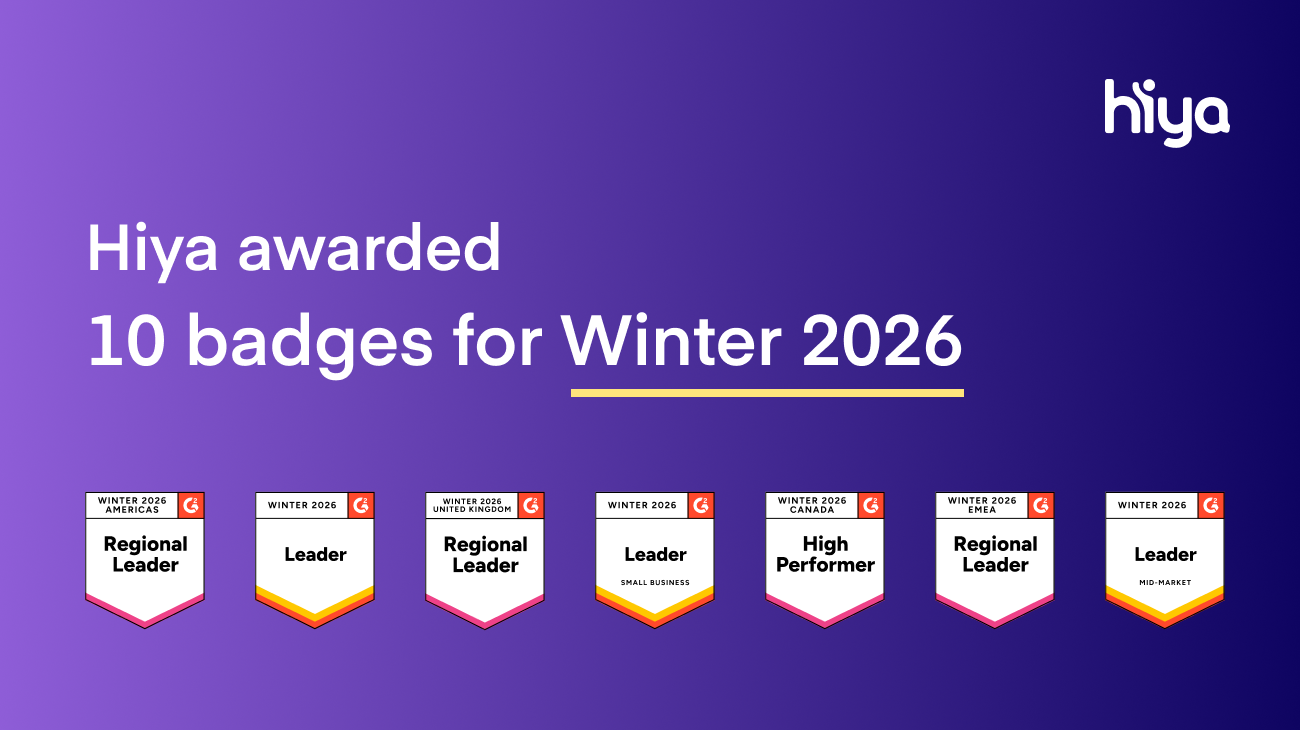
As spring comes to a close and the long days of summer begin to roll in, we can safely say that we have officially put tax season behind us. Everything is filed, filled, and submitted. If you were entitled to a return, you even have some extra cash in your bank account.
All seems well—but then the phone rings. It is a call from “Account Services” about a tax debt relief program. Worried it could be important, you answer and hear this:
“Hello, this is a very important state-wide update. The IRS requires us to inform those on our list with tax debt about the new economic impact tax debt modification program that is now offered during the special enrollment. The economic impact program has been designed to significantly reduce or eliminate your IRS tax debt as it is now considered temporarily non-collectible.
This is a significant savings for those struggling with IRS tax debt; however, the window for the special enrollment will soon close, so please call us back at…”
This automated message is just one of the many examples of information phishing that Hiya has captured in our honeypot. At the beginning of June, the IRS reported that they had seen a consistent threat of tax and employment-related scams.
The COVID-19 pandemic has elongated the period when scammers and fraudsters search for your tax information; stimulus packages, high unemployment rates, and extended deadlines have confused the tax-paying population.
How big did the IRS scam get?
Hiya captured millions of calls made by potential scam callers. IRS and tax scams reached about 1.5% of the captured calls from this sample size. During April and May of 2022, the traditional tax season, the number of fiduciary spam calls was at its peak at just under six million; in June, the number dwindled slightly but remained a significant problem.
These seasonal scams can have surprising longevity in the voice channel because of their high pick-up rates. Victims answered over 20% of the potential IRS scam calls; this high level of effectiveness is due in part to the sensitive nature of the scam itself. When these false calls are answered, there is a high probability that you will be on the phone for well over five minutes—especially if they are trying to get you to call them back at a premium number.
These scam calls are so convincing that their call duration far surpasses the average length of a typical answered call. The longer a bad actor can keep someone on the phone, the more likely they will be able to ascertain valuable information about your identity or finances.
Variants of the scam to watch out for
IRS scams come in all shapes and sizes; in some cases, you will receive an undeniable recorded call about some “tax relief program,” but in other instances, the call you receive could be far more convincing. With all of these tax scams plaguing the voice channel, knowing what to look out for is essential.
Common variants to look out for include:
Stimulus scams
-
After the federal government introduced the last stimulus package into the economy, identity thieves began to use these Economic Impact Payments (EIPs) to siphon information from individuals. As a reminder, the IRS has already issued all valid EIPs, so if you receive a call asking for any financial information, it is most likely a scam.
Unemployment fraud
-
After the pandemic, many people lost their jobs and began to rely on government assistance. Bad actors who have successfully ascertained some personal information will take advantage of the influx in unemployment by filing fraudulent compensation claims.
Debt relief
-
Money can be tight during the tax season, especially when framed within the set of a national crisis. Tax season is the perfect time for scammers to take advantage of taxpayers who are in debt or have been put into debt by their annual payments. Be on the lookout for calls offering tax relief in exchange for any personal information.
Employee retention tax credit
-
Employee retention credit is a pandemic-era tax benefit for qualifying businesses. Scammers have taken advantage of this tax credit to try to steal sensitive information. The scammers will advertise employee retention tax credits and encourage businesses that wouldn’t qualify to apply with their help. They then steal sensitive tax information or charge a hefty sum for their “help” with the application. Be sure to check eligibility requirements carefully and only rely on a tax pro's help to apply.
Refund through W-2 creation
-
Scammers sometimes use social media to encourage people to create their own incorrect W-2. The individuals then might put dependents they don’t have or try to claim benefits they don’t qualify for to get a hefty refund. The bad news is that the IRS can see right through this scam. They get a copy of your W-2 from your employer to tell if something is wrong. And putting intentionally incorrect information on a W-2 can get you hit with substantial penalties—like a $5,000 fine or criminal charges.
Recalculated tax refund
-
Scammers will send emails with the IRS logo claiming that they’ve recalculated your tax refund and that you need to fill out a form to claim it. The form will often ask for highly personal information like social security number, birthday, or driver’s license number. Be on the lookout for emails like this, and don’t provide sensitive information in an online form.
Sign up for an IRS account
-
An IRS account is a powerful tool to give you access to all of your tax information. But scammers can still find a way to try and steal information here. The scammers will offer to help you set up an IRS account and steal your sensitive information. You can set up an IRS account by yourself for free. If you do need help, work directly with the IRS.
Social Security cancellation
-
Scammers might call someone and tell them they will cancel their Social Security number or inform them that they have a hefty bill. In this situation, the easy solution is to hang up.
Five ways to detect IRS scam calls
There are some surefire ways to spot an IRS scammer. Here are five ways they will give themselves away so you can avoid any IRS scam callers:
-
They’re calling you. The easiest way to know that you’re dealing with an IRS scammer is that they’re calling you first. The IRS doesn’t initiate contact with a random phone call. You’ll always be contacted via mail first. The IRS also won’t contact you via social media, email, voicemail, or text.
-
They ask for credit card information over the phone. The real IRS will never ask for your card information over the phone.
-
They don’t have an HSPD-12 card (or even know what one is). IRS agents have two official forms of identification: a pocket commission and an HSPD-12 card. You have the right to see their identification. If they don’t know what an HSPD-12 card is or tell you they don’t have one, that’s a red flag you’re dealing with a scammer. You can verify the information on an HSPD-12 card by calling the IRS.
-
They’re being threatening or overly urgent. If you’re being told you’ll be deported, arrested, or have your Social Security number or driver’s license revoked, you’re talking to a scammer. The IRS can’t do any of that. The IRS isn’t threatening either. If you’re being legitimately contacted, you’ll likely receive something in the mail—not a voicemail telling you you’ll be arrested.
-
The form they tell you to fill out isn’t on the official IRS website. You can look up all legitimate IRS forms, notices, and letters on its website. It probably isn't legitimate if you’re told to fill something out that isn’t on the website.
What Can You Do?
With intricate and effective scams—like the IRS scam—infiltrating the voice channel, it can be easy for customers to lose confidence in your outbound calls.
According to Hiya’s State of the Call Report 2023, 87% of consumers think unidentified calls are fraud. Here are a few tips for maintaining control over your identity:
Keep your customers up-to-date and well-informed.
-
Remember that the IRS will not initiate communication by asking for Social Security numbers or any other financial information.
Brand your outbound calls so they are not mistaken for a scam.
-
A branded caller ID solution is the perfect tool for protecting your reputation. If you provide your customers with identifying information, they will feel safe answering your calls.
Utilize call assessment services offered by reputable third-party networks.
-
An outside eye can be a valuable tool for developing and optimizing your voice channel. Learn the ins and outs of your call center; you’ll be much more likely to recognize spam patterns.
If spoofers and scammers take advantage of your outbound calls, you must regain control of your identity. One in three consumers say an impersonated call made them suspicious of any calls from that business. When customers see a call they don’t recognize, they are unlikely to answer it, even if it is legitimate.
Be sure to protect your reputation with a branded caller ID solution.
How to fight back against scam calls
Carriers can protect customers from phone scams by adding Hiya Protect, which blocks or labels spam and scam calls with high accuracy without blocking essential calls. It is used by phone carriers, mobile phone manufacturers, and network providers looking to create a differentiated voice offering and increase customer satisfaction.
Enterprises can help their customers feel safe answering the phone by adding Hiya Connect, which enables businesses to display their company name, logo, and reason for the call on the recipient’s mobile phone. Branded caller ID identifies who is calling so customers will not be afraid to answer their phones.
Individuals can check with their phone carrier if it offers spam/scam-blocking capabilities. If not, ask your carrier to consider adding Hiya Protect.
How Hiya helps
Displaying a branded caller ID means that customers know your call is from a legitimate business and is not a scam. They'll pick up the phone, and you'll be able to communicate important information. After all, 72% of consumers say they're more likely to answer if they know who's calling.
When evaluating branded caller ID solutions, there are a few questions you should ask. Get the complete list with Hiya’s Branded Call Checklist and Buyer's Guide and make the best decision for your organization.

.jpg)

